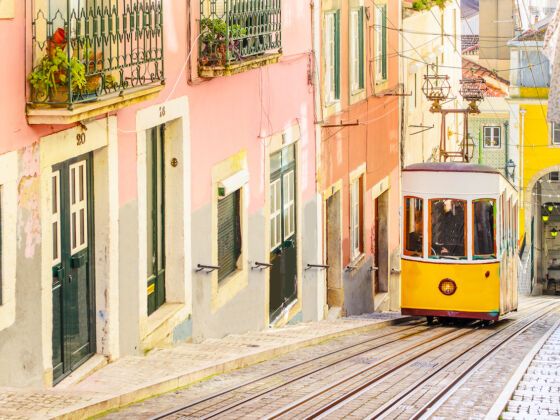1. To eat Portuguese authentic food you must go to…
By the time you get to said place, the usual traditional menus — sometimes only written in chalk on a black board — will be widely available and translated into English, Spanish and sometimes even French. Follow your nose, not the crowds. Or at least not the crowds of tourists. What guidebooks really should tell you is not where to eat, but how to find places to eat. “Walk until you find a small place where you can find at least three moustached-men, and people speaking loudly in Portuguese, make sure nearly every table is taken and that the people sitting around the tables look like they are on their lunch break. Wait patiently until the waiter hands you a menu fully written in Portuguese with prices around €5.00. Then, just sit back, relax and let the delicious good times roll.”
